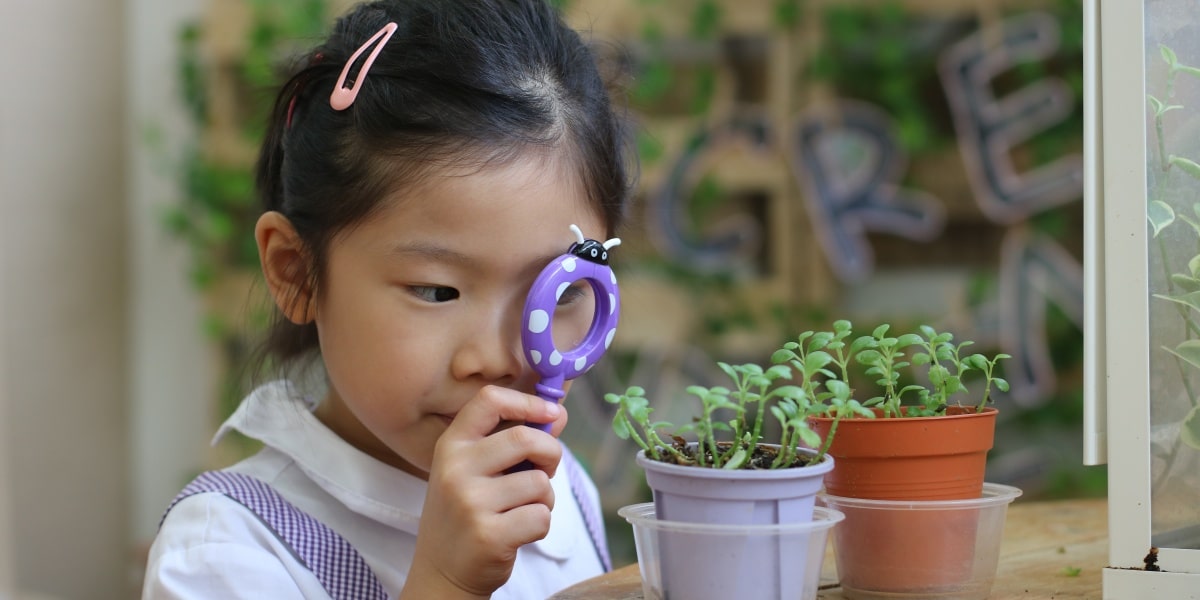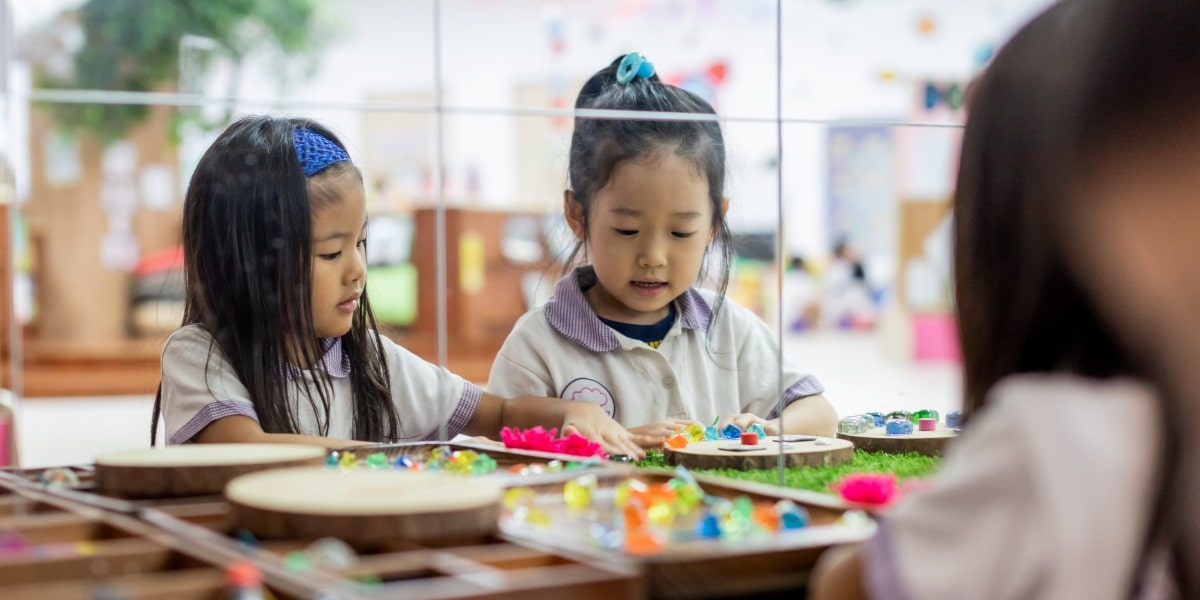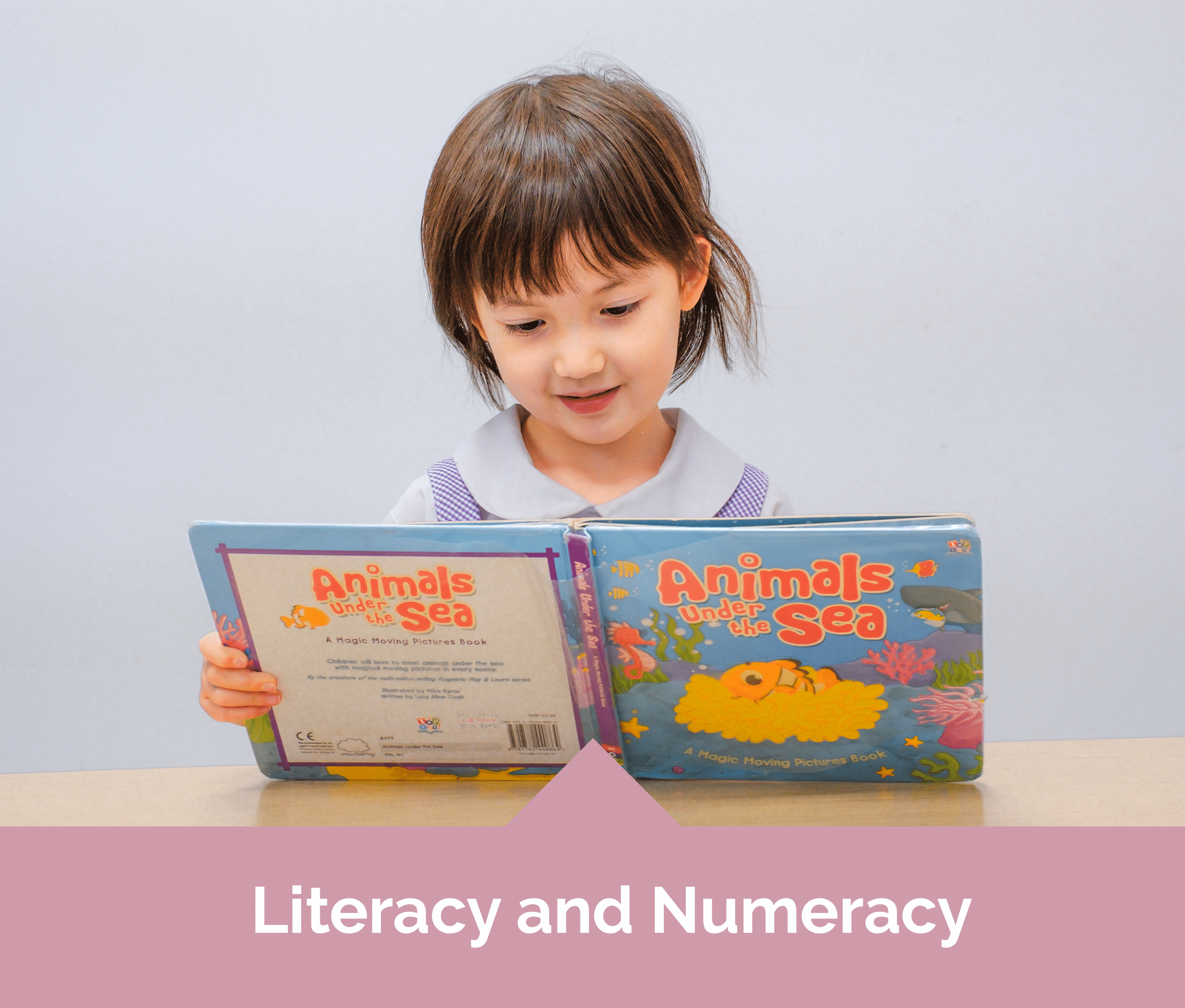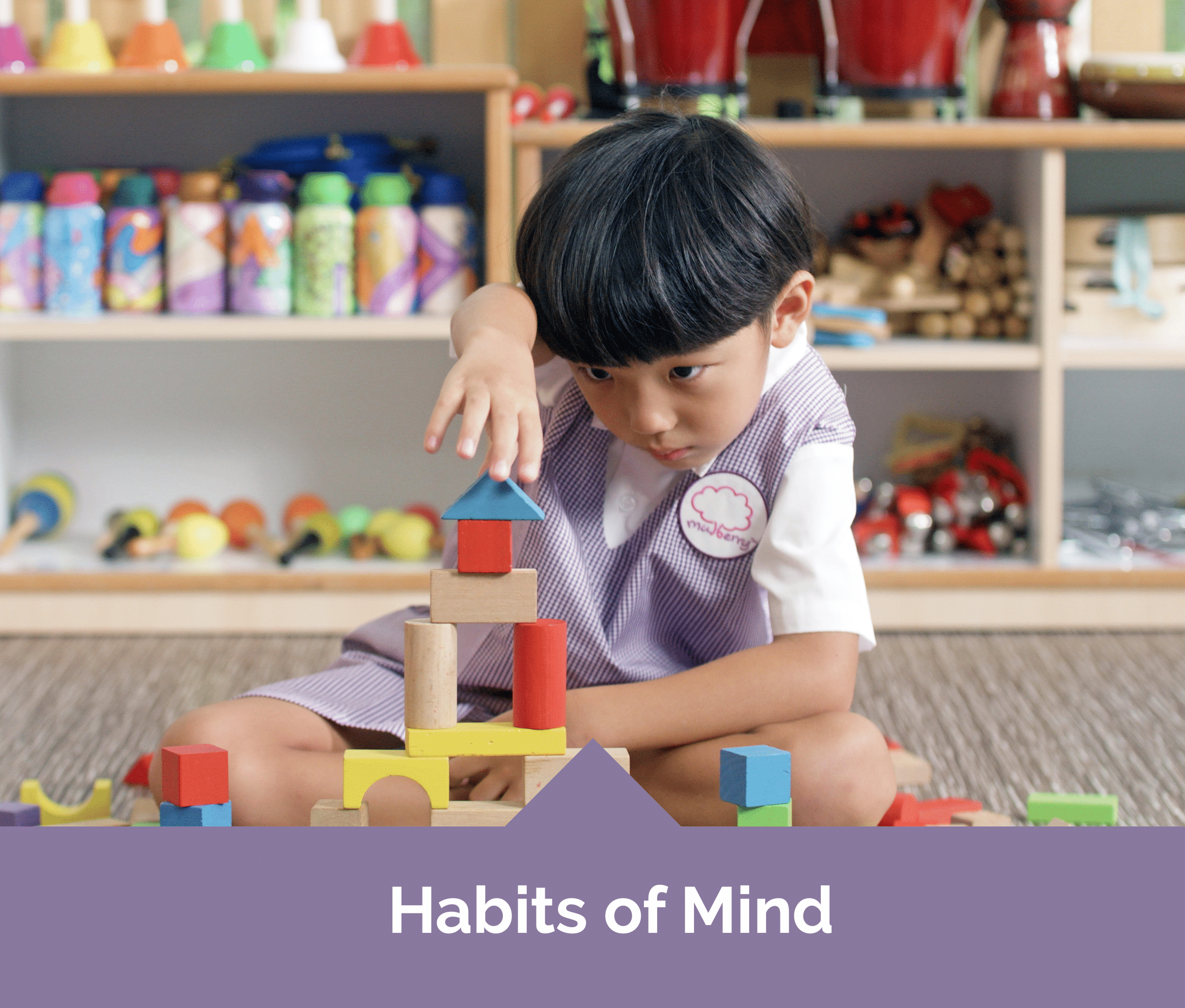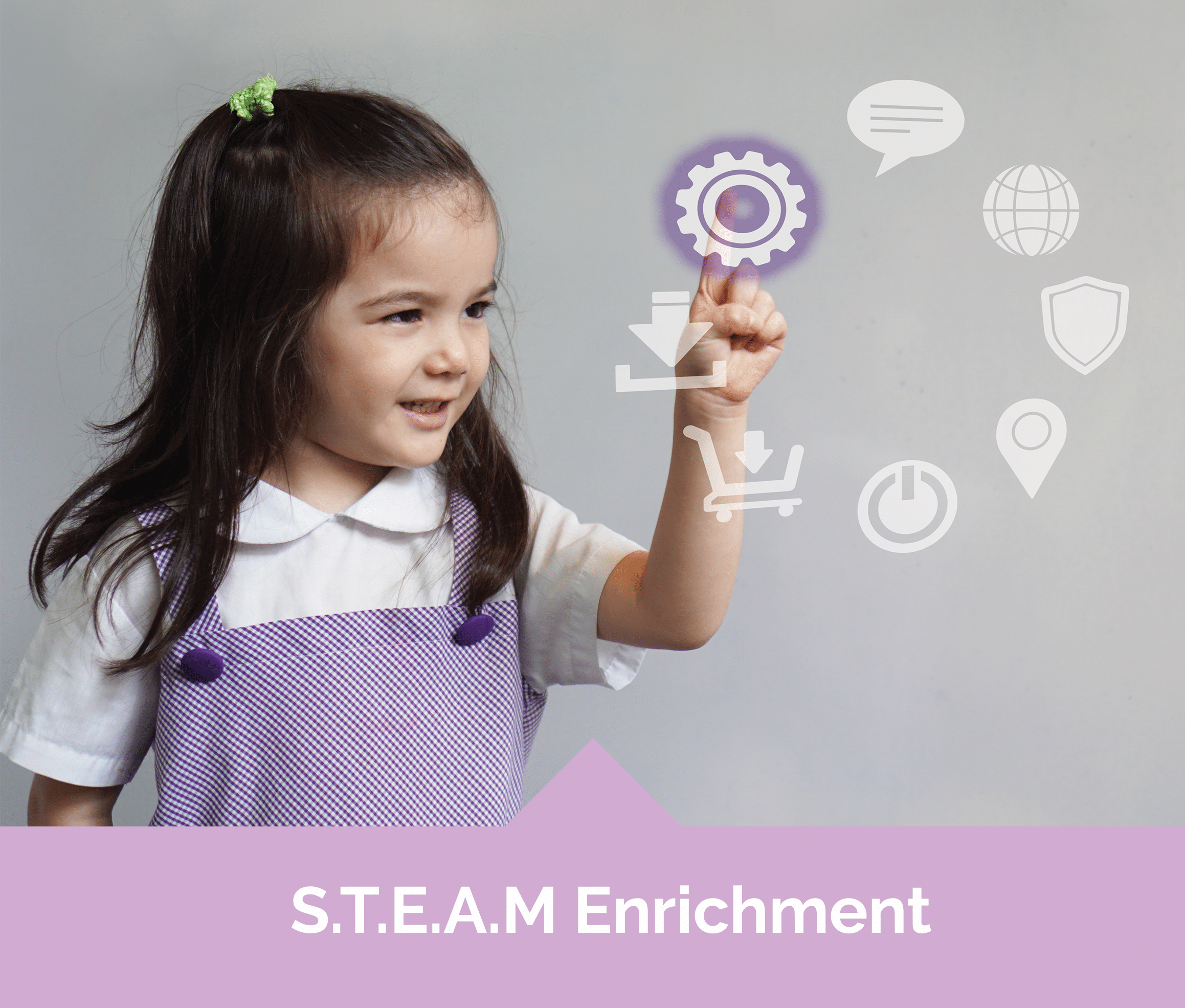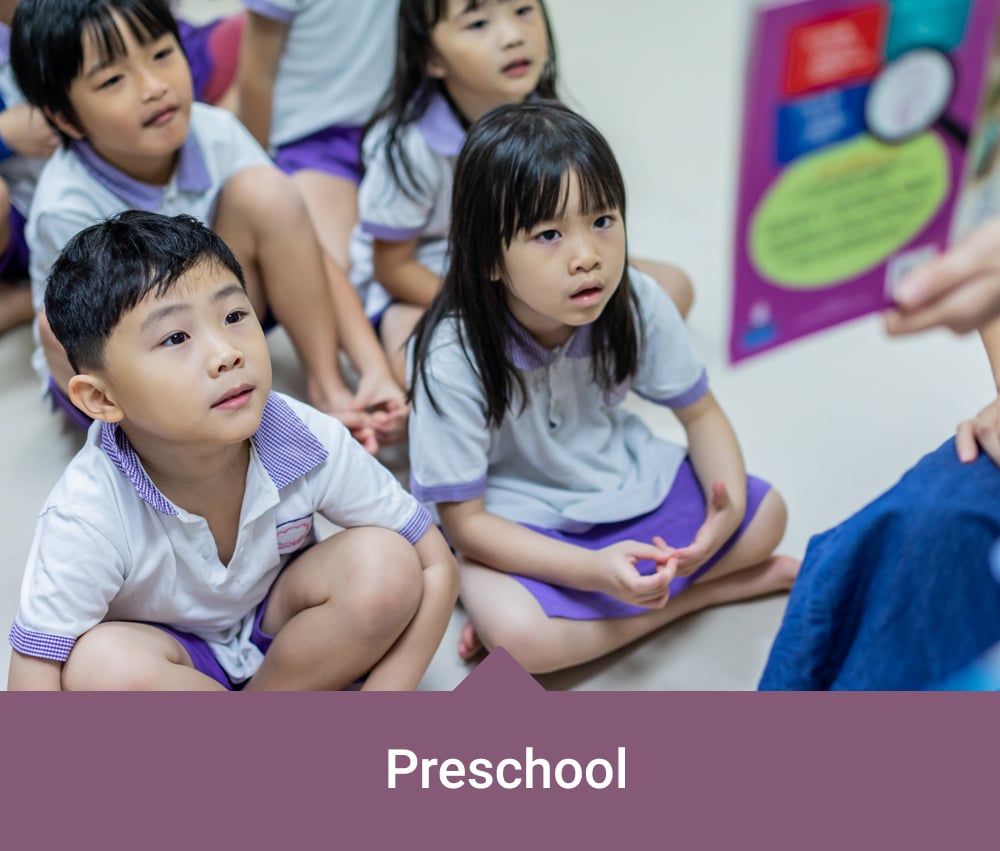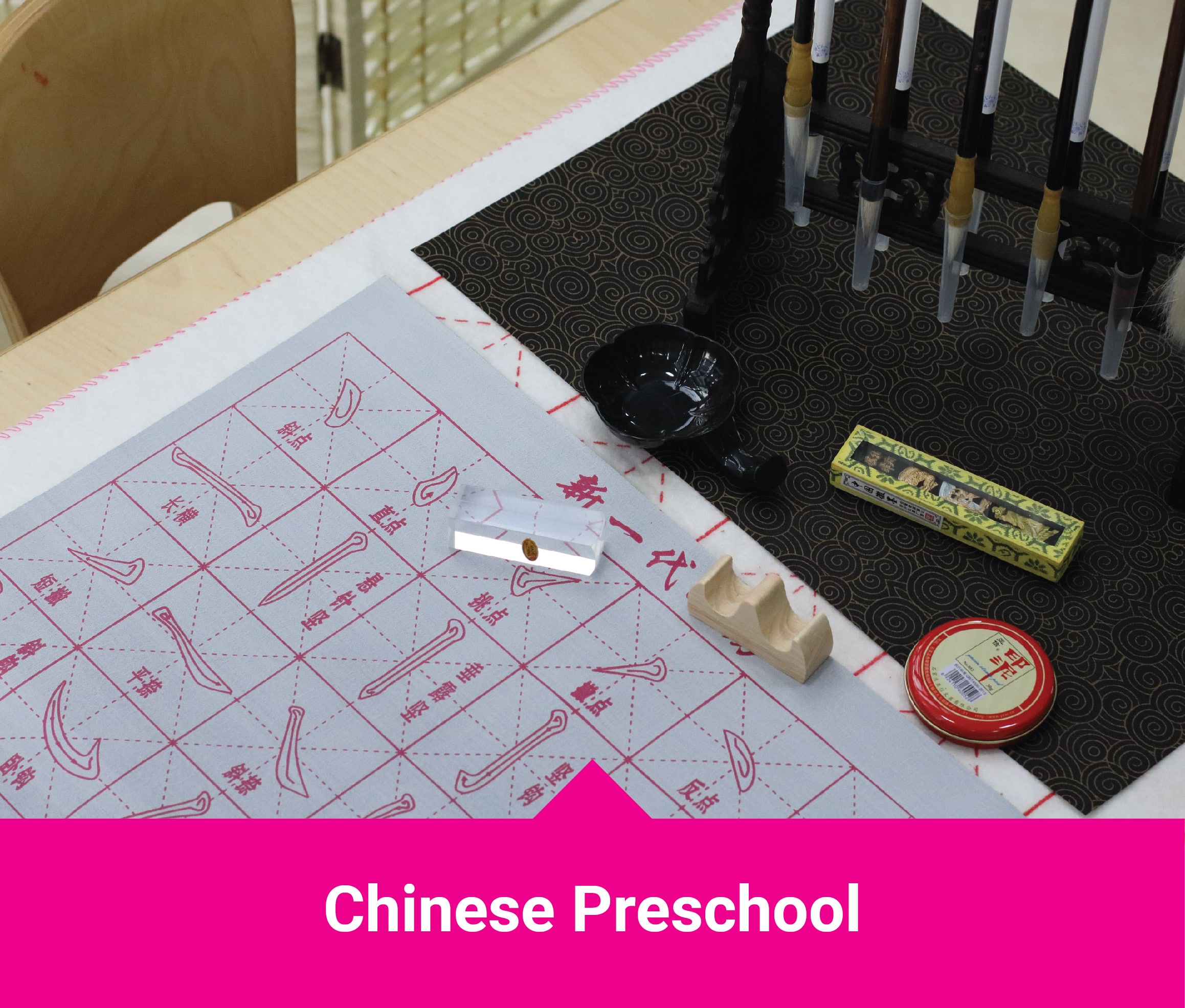Children are born with an enthusiasm for learning. Curious by nature, you simply can’t stop them from discovering their surroundings. To kids, everything is a wonder!
That is why parents often receive so many questions from their inquisitive toddlers, from “Why is the sky blue?” to “Why is the sun so bright?”. Since we may find it challenging to explain the actual science behind these questions, we often brush them off or tell them that “It is simply how the world works!”.
Instead, we may want to reply a question with another question asking them, “What do you think?” He or she will be challenged by that question and will understand that you are telling him or her, “You have your own mind and your own interpretation and I find your ideas valuable.”
Then, even if you don’t have all the answers to their questions yet, you can both search for the answers, sharing the wonder, excitement, pain – everything. Remember, it is not the answers that count, it is the journey – that you and your little ones are embarking on a quest together.
That is the premise of the Reggio Emilia approach where we value children as strong, capable, eager, and resilient learners, rich with wonder and knowledge, and that they learn best through exploration and discovery!
What is the Reggio Emilia Approach?
So, who is Reggio Emilia? Well, Reggio Emilia is not a person, but a Northern Italian province. It is also not a method or curriculum, but a philosophy of education founded by Loris Malaguzzi. Today, it is one of the most widespread educational philosophies in preschool education.
Unlike the usual top-down instructional approach where students’ learning is often planned for them, the Reggio Emilia approach acknowledges children as capable active constructors of knowledge and places emphasis on a kid’s curiosity, interests, sensory experiences, surroundings, and social relationships. In kids’ early formative years, children form their own “hundred languages” of expressing themselves and have numerous ways of thinking, exploring, playing, speaking, and doing.
Among educational experts, Reggio Emilia is recognised as the only global pedagogy capable to truly ignite a child’s love for learning.
How do we incorporate Reggio Emilia in our curriculum?
Besides having uniquely-designed Reggio-inspired learning spaces to stimulate the senses of every student and unleashing their innate creativity and natural eagerness to explore, we incorporate the approach into a Project Inquiry process. Our well-qualified curriculum team prepares programmes by determining learning outcomes for each age groups with reference to the physical, sentimental, and cognitive development of children. Teachers in preschools guide and satiate the children’s curiosity by ensuring there are ample enriching opportunities and experiences to inspire exploration and discovery.
Our Award-Winning Curriculum
Our Reggio-Inspired Project InquiryTM Programme
Unlike regular project work, our Reggio-Inspired Project InquiryTM is initiated and led by preschoolers, while teachers act as guides and facilitators. Instead of being seen as the object of instruction, kids are viewed as active participants and the Project Inquiry process serves as an “infrastructure” for children to observe, experiment and unravel important concepts.
The entire Project Inquiry journey combines different Habits of MindTM and Multiple Intelligence skills, which set the stage for how children perceive the educational process. These positive dispositions encourage them to be responsible for their own learning with their peers, foster stronger social skills, and cultivate self-directed individuals.
The entire project inquiry is conducted over 20 weeks and is split into 3 phases with an additional pre-Project Inquiry planning phase.
Children act as little scientists, as they research in their choice of topic, conduct experiments, and present them to their peers, which enhances a child’s confidence and love for learning.
The Phases in Our Reggio-Inspired Project InquiryTM Programme
Pre-Phase Planning (Intentions)
To help preschoolers structure their learning, teachers at Mulberry Learning will lead a discussion to decide on the central topic of the project inquiry. A list of possible questions the little ones want to unravel are brainstormed at this stage.
Phase 1 (Exploration)
The exploration phase seeks to find out what topic or theme piques children’s interest. Through engaging activities like open dialogues, song and music, videos, art and craft, exploration tasks, storytelling and show and tell, teachers will constantly listen, observe, and document their students’ interactions. This helps teachers to uncover a kid’s pre-existing knowledge map and set the research focus.
Phase 2 (Investigation)
This phase is the longest one out of the entire process. From the many questions that students pose in the exploration phase, voting sessions are conducted to finalise the topic of investigation. It is extremely important for kids to be able to decide on the topic and what they want to know about it. This further fuel their desire to learn as they start on their investigative research.
At this stage, the role of the teacher is important to ensure that the topic addresses and fulfils pre-determined educational requirements. After which, possible follow-up activities such as field trips, experiments, expert visits are scheduled. These activities will help kids to gather additional information and gain knowledge.
Phase 3 (Conclusion)
In the last leg, preschoolers will collate all the knowledge they have gathered through charts and craftwork and present their findings to their parents and peers. As they discuss and document their experiences, they will be encouraged to use a combination of speaking and writing skills while applying their newly acquired vocabulary.
Preschoolers are never alone in the process as teachers will continually guide them through numerous rounds of planning and rehearsing, further boasting their self-confidence before the final presentation. Mummies and Daddies are invited to grace this special occasion to witness the accomplishments of their precious little ones.
Our Signature Programmes
Besides participating in the Reggio Inspired Project InquiryTM Process, find out more about the other programmes in our proprietary curriculum model which promises a fun and engaging learning experience like no other. Every child will receive a comprehensive and holistic education that helps them excel in the future world.
Our Bilingual and Chinese Preschools
Established in 2006, Mulberry Learning is an award-winning Reggio-inspired preschool and its curriculum has been voted as “Singapore’s Best Holistic Curriculum” for 3 years running by leading parenting publications. With 15 locations around Singapore, including our first Chinese Preschool at Fusionopolis, there’s definitely a preschool near you!


